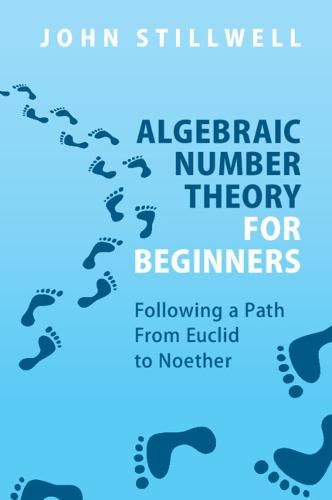Readings Newsletter
Become a Readings Member to make your shopping experience even easier.
Sign in or sign up for free!
You’re not far away from qualifying for FREE standard shipping within Australia
You’ve qualified for FREE standard shipping within Australia
The cart is loading…






This book introduces algebraic number theory through the problem of generalizing ‘unique prime factorization’ from ordinary integers to more general domains. Solving polynomial equations in integers leads naturally to these domains, but unique prime factorization may be lost in the process. To restore it, we need Dedekind’s concept of ideals. However, one still needs the supporting concepts of algebraic number field and algebraic integer, and the supporting theory of rings, vector spaces, and modules. It was left to Emmy Noether to encapsulate the properties of rings that make unique prime factorization possible, in what we now call Dedekind rings. The book develops the theory of these concepts, following their history, motivating each conceptual step by pointing to its origins, and focusing on the goal of unique prime factorization with a minimum of distraction or prerequisites. This makes a self-contained easy-to-read book, short enough for a one-semester course.
$9.00 standard shipping within Australia
FREE standard shipping within Australia for orders over $100.00
Express & International shipping calculated at checkout
This book introduces algebraic number theory through the problem of generalizing ‘unique prime factorization’ from ordinary integers to more general domains. Solving polynomial equations in integers leads naturally to these domains, but unique prime factorization may be lost in the process. To restore it, we need Dedekind’s concept of ideals. However, one still needs the supporting concepts of algebraic number field and algebraic integer, and the supporting theory of rings, vector spaces, and modules. It was left to Emmy Noether to encapsulate the properties of rings that make unique prime factorization possible, in what we now call Dedekind rings. The book develops the theory of these concepts, following their history, motivating each conceptual step by pointing to its origins, and focusing on the goal of unique prime factorization with a minimum of distraction or prerequisites. This makes a self-contained easy-to-read book, short enough for a one-semester course.